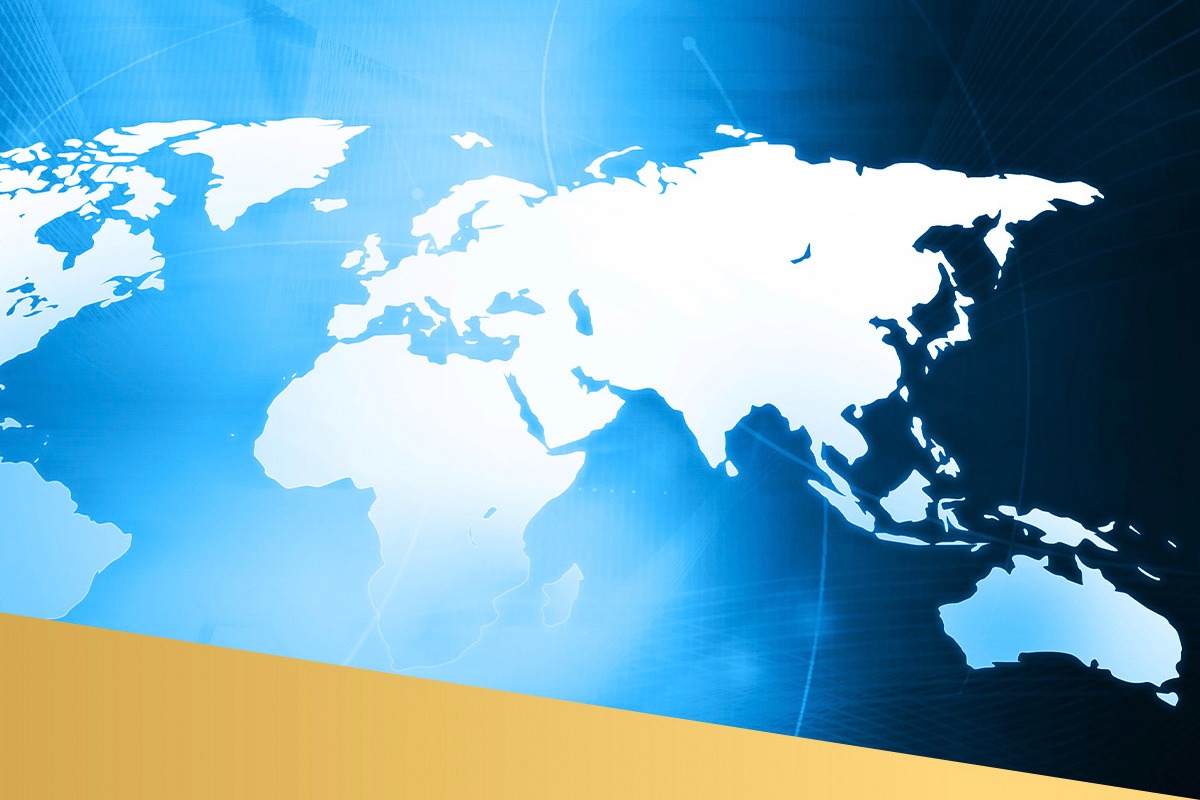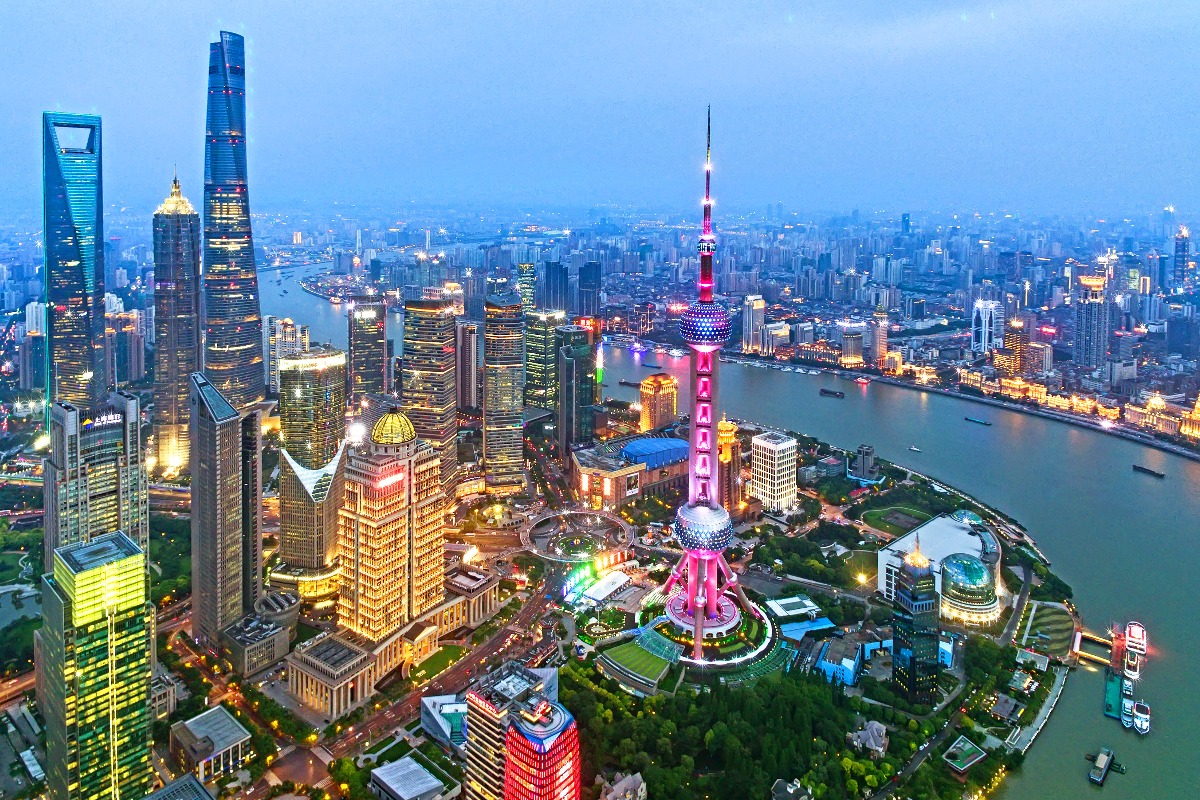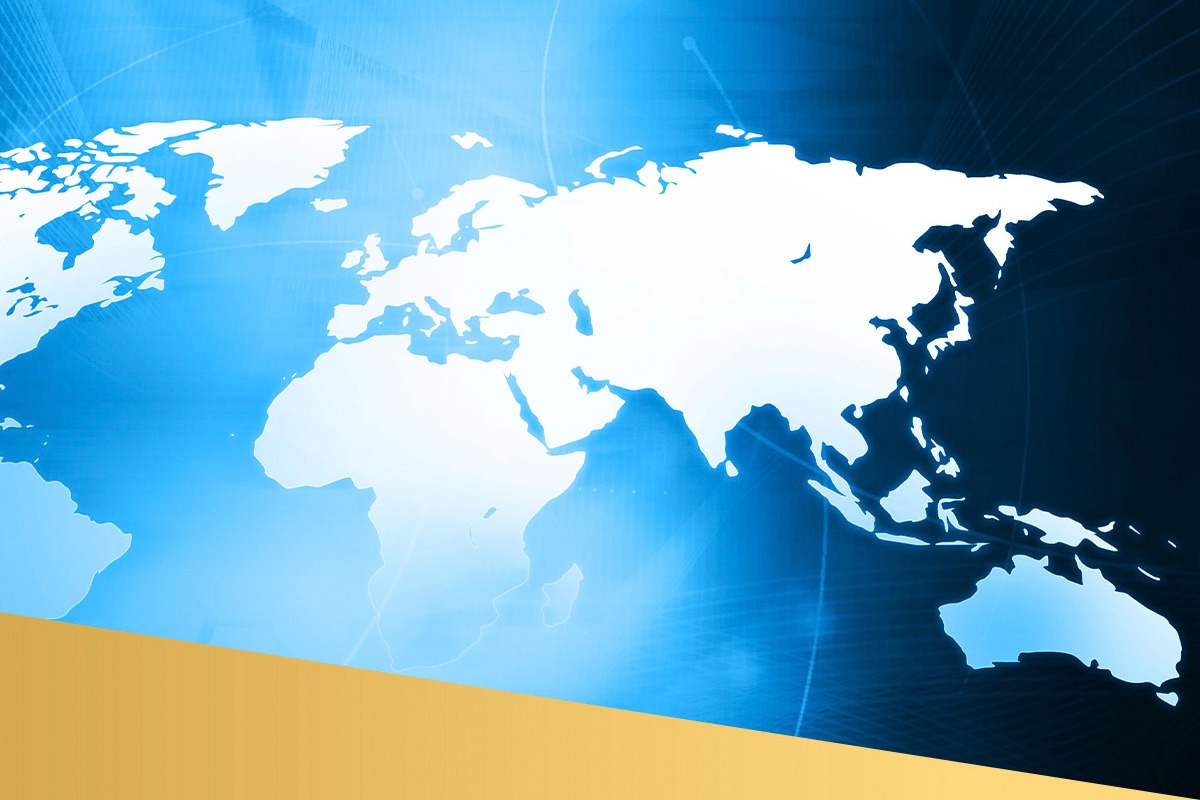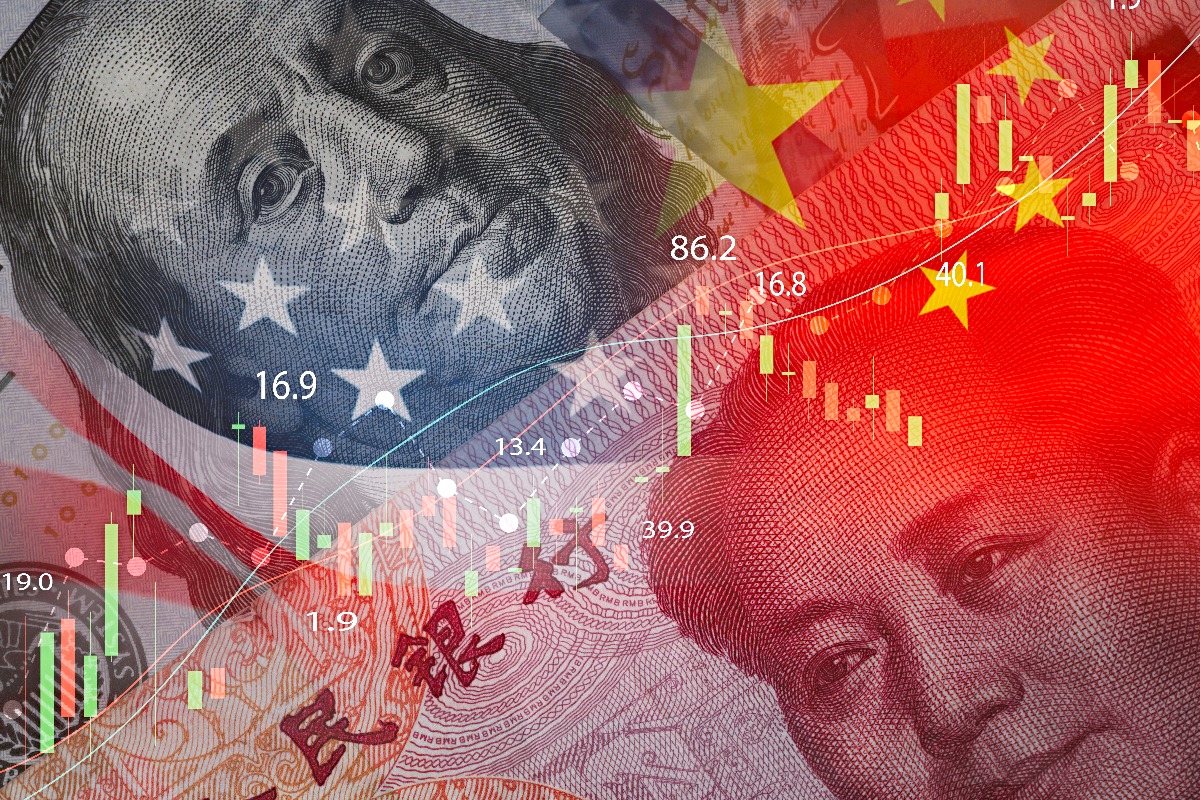Levente Horváth, Ph.D.,
Director of the Eurasia Center,
Editor-in-Chief of the Eurasia Magazine
Central Asia has been playing a prominent bridging role in world history, yet it usually receives little attention. Great migratory movements took place at the turn of the 3rd and 2nd millennia BC, but the East Asian peoples who later reached Europe also passed through Central Asia. Central Asia was also the link between ancient and later civilisations, so important routes of the ancient Silk Road passed through the region, and many significant stations were established.
Throughout history, Central Asia has been the meeting place for the ancient knowledge of different cultures and civilisations and later for religions, technologies and different ways of thinking.
In the Middle Ages, with the establishment of maritime routes, the role of the overland Silk Road, and hence Central Asia, was relegated to the background, but in the 13th century, the Mongol conquests again focused on the occupation of Central Asian territories, through which they reached the Middle East and then Europe.




